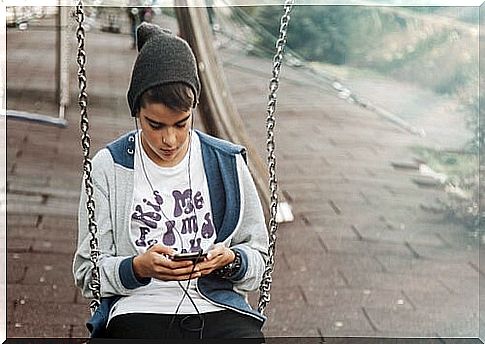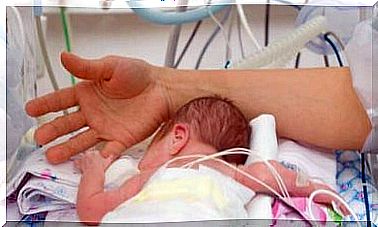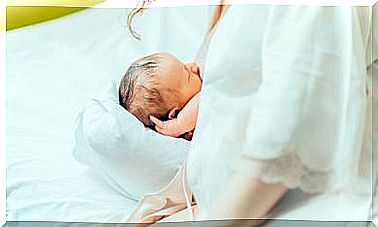5 Signs Of Rebellion In Adolescence And What To Do About Them

Most parents perceive the entry of their children into adolescence somewhat suddenly. Although we know in advance at what point in his life this stage arrives, it is not unusual for us to confuse or not perceive the first signs of rebellion in adolescence.
These signs are not always given as a direct challenge to our authority, but they begin to appear subtly derived from the emotional changes, from the search for independence and, in general, from the psychological and physical changes that characterize this age.
It should be noted that the arrival of adolescence is not the same for everyone. It can appear in some children at eight and nine years of age, while others begin this maturation process later, even up to the age of thirteen. This is the beginning of a process of physical, hormonal and psychological transformation that, at least, will end at 19 years of age.
To help you a little to see if your child may be entering this stage, we describe five signs of rebellion in adolescence and how you can handle them.
Signs of rebellion in adolescence
As we have already commented previously, the signs of rebellion in adolescence do not always arrive as clearly challenging behavior, but rather are presented in a more discreet way in what is a process that will culminate in the autonomy and construction of the personality that the adolescent will have. as an adult. Some of these signs of rebellion are:
1.- Wanting to be alone
It is one of the main signs of rebellion in adolescents and derives from the need for privacy, an aspect that takes on greater importance at this stage of life.
Many parents often mistake this behavior as a symptom of some problem in their child’s life. Although it does not hurt to make sure that everything is going well, the best thing we can do when this behavior becomes habitual and without a low mood involved is to try to give our child his space.
Of course, loneliness must occur to a reasonable extent. If this behavior alienates him from his friends, affects his school performance or his eating habits, we can consider that it is a behavior that truly requires our attention.

2.- Sudden changes in mood
It is one of the most common signs of rebellion in adolescence. Mood swings arise from hormonal changes that make young people more emotionally sensitive.
In this sense, a teenager can respond indifferently to our displays of affection, can respond with anger to an innocent joke, as well as become depressed over things as simple as a pimple on the face.
It is important to know how to handle these situations so that we can educate these attitudes, but without being permissive about any fault committed and maintaining our character as an authority in the home.
3.- Relative loss of communication
Many children remain very attached to their parents until adolescence. At this stage, it can be strange to us that our child has stopped telling us about his day at school and, also, has new friends that we do not know.
The fact that young people are less interested in talking with us, and much more in the new friendships they form at this stage, is something completely normal. As much as many parents can make us feel somewhat jealous, it is something healthy for the emotional formation of our child, and that will allow the creation of their own identity.

Of course, young people are much more susceptible to falling into various social problems during adolescence, such as the use of harmful substances, crime or unwanted pregnancies, among others. When suspecting this type of problem, it is reasonable to intervene to avoid the effect of any bad influence.
4.- Perceiving that they are ashamed in our presence
Unlike the other signs of rebellion in adolescence, this especially is the one that affects parents the most and also the one that we least understand. In this phase, adolescents are in full search of their independence and identity as a mature person, leaving behind those childish behaviors or attachment to parents.
Our son will mostly show a relative rejection of our presence when he is with his circle of friends.
Something we must understand about this is that this attitude does not imply that our son has lost affection, respect, much less that he hates us. It is simply a typical reflection of insecurity, which makes many feel uncomfortable by not being able to pretend a level of maturity.
5.- Say “no”
This is probably the most characteristic feature of early adolescence, as well as one of the first signs of rebellion. Our child will become more independent in all his decisions, so if, for example, he previously accompanied us without protesting to any family event, he may now become reluctant to participate in situations that may seem boring or tedious.
The above can be afforded. The key, as in everything, is to be reasonable. If our teenager doesn’t want to eat all the food on his plate, we don’t need to force him like we did when he was younger.
However, if our child asks not to go to school because it seems boring or brings another question of this kind, we must exercise our authority as parents and define our priorities.










